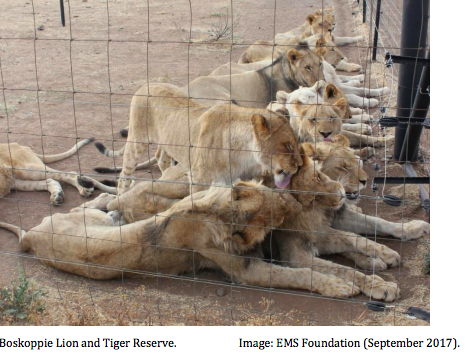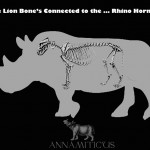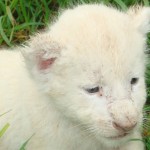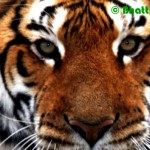
A shocking lack of ethical wildlife conservation principles has allowed South Africa’s lion bone trade to flourish amidst a backdrop of corruption within the country’s game industry, a comprehensive new report alleges.
The detailed analysis The Extinction Business: South Africa’s Lion Bone Trade by two South Africa-based organizations – EMS Foundation and Ban Animal Trading – exposes profitable partnerships between South African lion (and tiger) breeders and known Southeast Asian wildlife traffickers.
The Extinction Business report was released following the announcement by South Africa’s Department of Environmental Affairs that it had set a new export quota of 1,500 lion skeletons: “The approved quota of 1500 skeletons (with or without the head) is effective from 7 June 2018.”
Filled with social media screen grabs, a “who’s who” of business names and addresses, stomach-churning photographs, and alarming trade data gleaned from multiple sources, the 122-page body of evidence reads like a crime thriller, but is far more frightening, because it is a true story.
Although South Africa’s captive big cat industry has long claimed that lions bones were simply “a by-product” of its globally criticized trophy hunt practices, The Extinction Business debunks this justification, noting that the exported skeletons include skulls.
“We have clear evidence that 91% of the ‘lion’ skeletons exported from South Africa in 2017 included skulls. Thus showing that South Africa’s lion bone trade is not a by-product of an existing industry (i.e. trophy hunting) but an entirely separate industry.”
The timing of the report is particularly interesting, as it comes during the CITES Animals Committee Meeting (AC30), which included African Lions on its Agenda.
Download the entire publication: The Extinction Business: South Africa’s Lion Bone Trade .
While the closed door proceedings of the CITES African Lion Working Group are confidential, we can reveal that Annamiticus did in fact make a lengthy comment at the Working Group meeting, which included the following:
We note that it remains unclear as to how a trade in lion bones will enhance conservation of the African lion.
However, it is very clear that this trade in lion bones will provide a convenient laundering mechanism for Appendix I listed big cats, such as tigers, leopards, and jaguars.
In turn, this will create considerable difficulties for law enforcement and customs officers tasked with protecting endangered species from the global wildlife trafficking crisis.
We would invite the Animals Committee to recommend a zero-export quota for lion parts and products for commercial purposes from any country.
(Another excellent resource on this sordid topic is Julian Rademeyer’s book, Killing for Profit: Exposing the Illegal Rhino Horn Trade.)



![From South Africa to Vietnam: Rhinos and Tigers [Photos]](https://annamiticus.com/wp-content/uploads/2012/11/IMG_0706-150x150.jpg)
